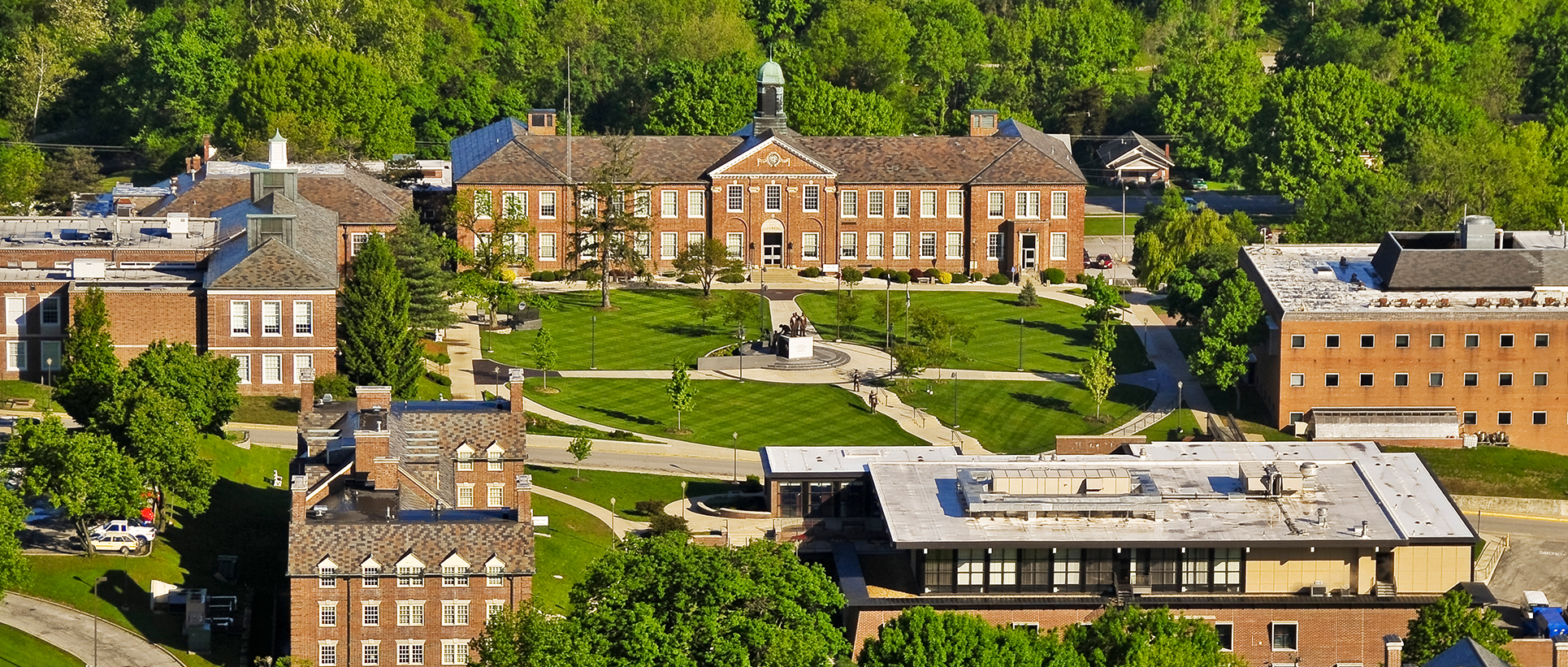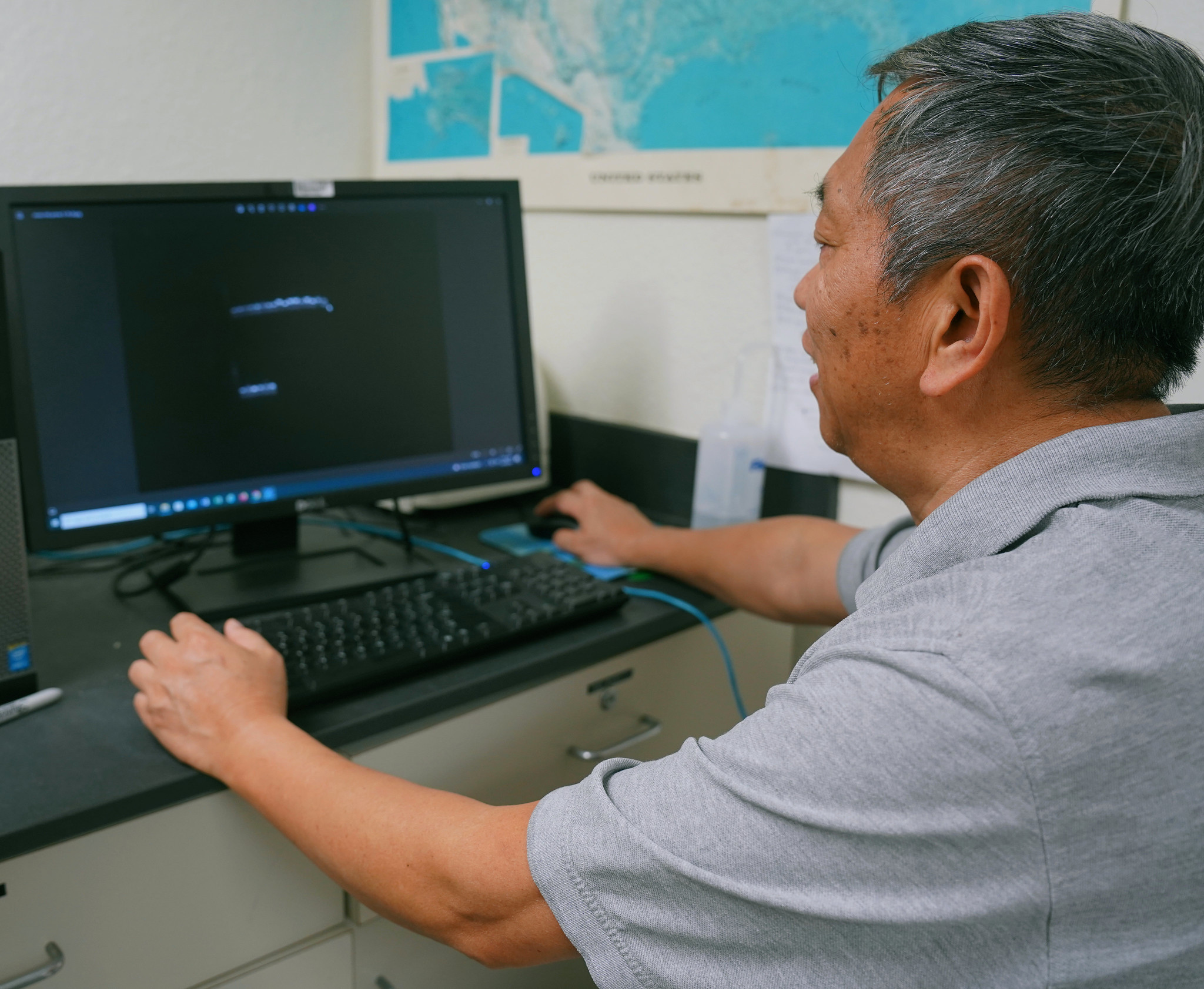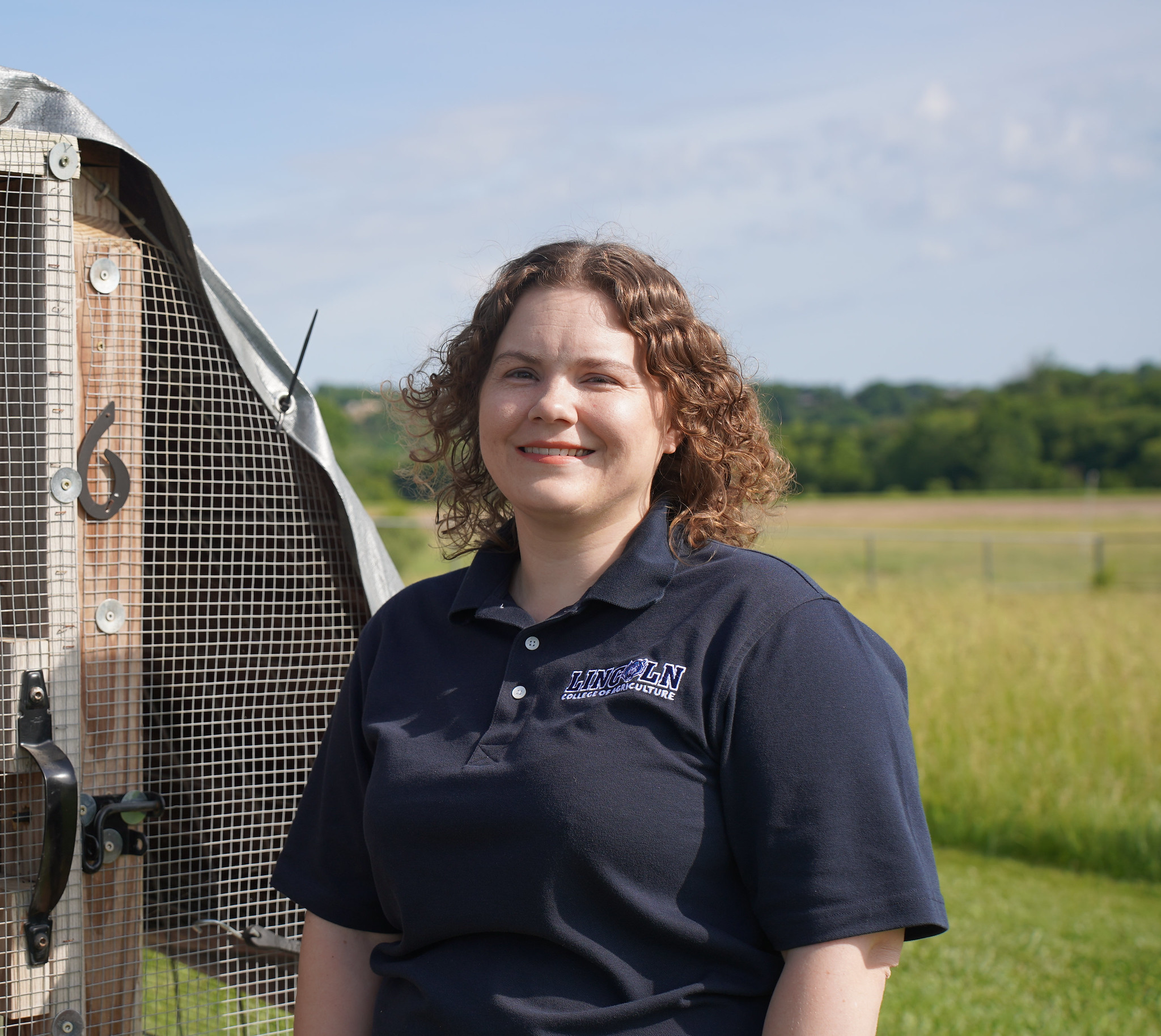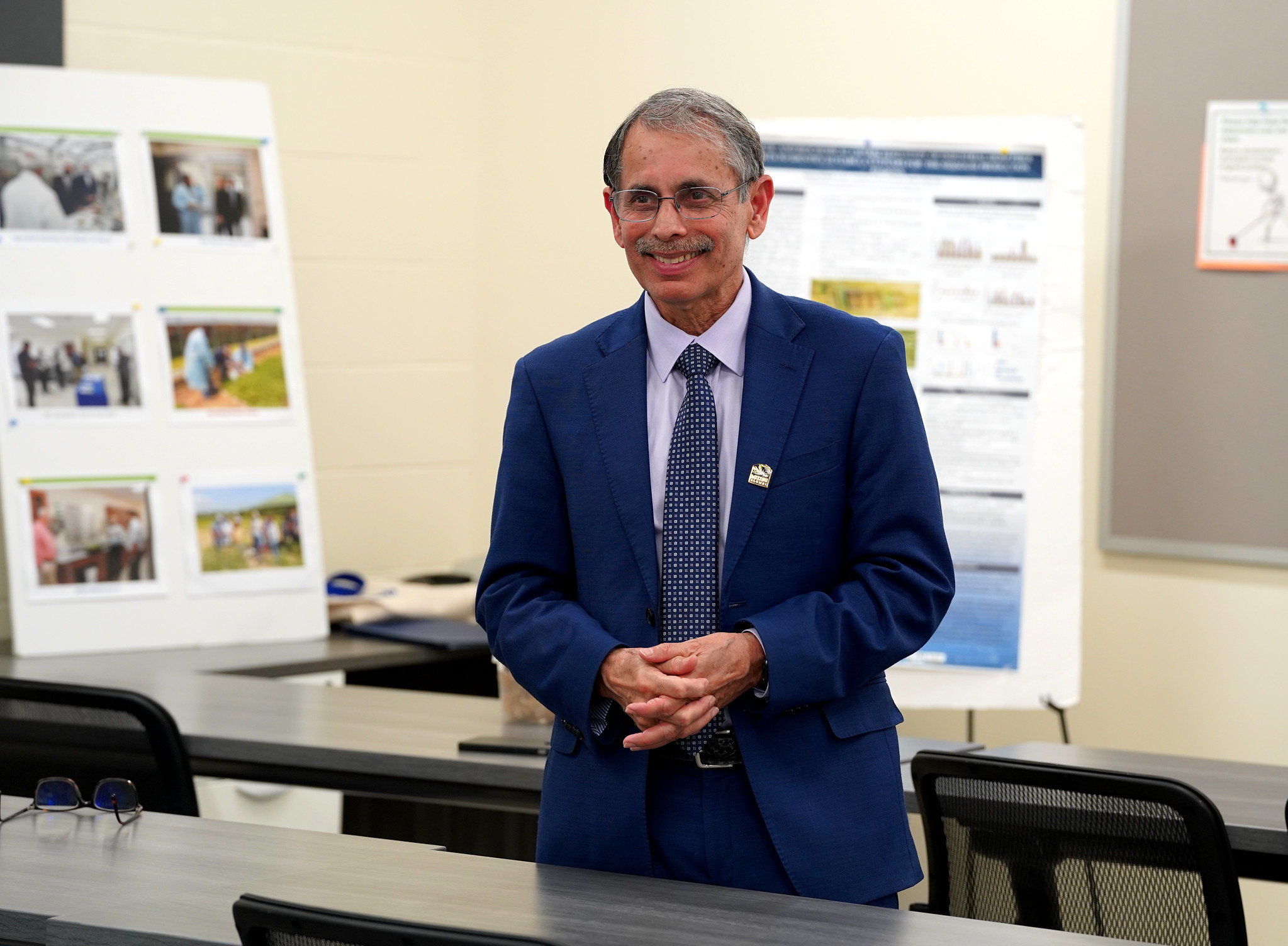Advancing Science: Lincoln University Cooperative Research Secures $2 Million for Agricultural and Environmental Studies
Office of Communications and Marketing
Young Hall
820 Chestnut Street
Jefferson City, MO 65101
 Lincoln University receives over a $2 million USDA NIFA investment to advance agricultural research and community health, reinforcing LU’s commitment to sustainability and innovation.
Lincoln University receives over a $2 million USDA NIFA investment to advance agricultural research and community health, reinforcing LU’s commitment to sustainability and innovation.
The United States Department of Agriculture (USDA) recently announced a $2,198,015 investment in Lincoln University Cooperative Research (LUCR) to advance agriculture, environmental stability and community health research efforts. Supported by the USDA’s National Institute of Food and Agriculture’s (NIFA) 1890 Institution Teaching, Research and Extension Capacity Building Grants Program, these funds will enhance LUCR’s capacity to address emerging agricultural challenges and promote sustainable practices benefiting diverse communities. Four exemplary projects led by LUCR were selected from a highly competitive pool, showcasing the university's commitment to innovation and substantial progress.

Sougata Bardhan leads a project at Lincoln University focused on advancing sustainable agriculture and boosting local economies through innovative forest farming.
One funded project led by Sougata Bardhan, Ph.D., assistant professor of natural resources at Lincoln University of Missouri (LU), aims to establish a third forest farming network in the nation across Missouri and the Midwest. Set to run from April 15, 2024, to April 14, 2027, with a budget of approximately $750,000, this initiative focuses on sustainable agriculture and farm diversification. Collaborating with the University of Missouri and Virginia Tech, the project will introduce and promote agroforestry practices designed to yield high-value botanicals and mushrooms. By fostering a forest farming network, the initiative seeks to enhance the ecological health of forested areas and significantly boost the economic well-being of local landowners, potentially increasing their annual income through improved land use. “By enhancing the research capacities of this university, we aim to provide more of these experiential learning opportunities, which enriches our students' educational journey," Bardhan said.
 Guolu Zheng leads a project at Lincoln University to develop innovative methods for tracking and improving water quality in Missouri's agricultural areas.
Guolu Zheng leads a project at Lincoln University to develop innovative methods for tracking and improving water quality in Missouri's agricultural areas.
Another notable project funded by this investment is led by Guolu Zheng, Ph.D., LU's professor of microbiology. This initiative, awarded $600,000, is dedicated to improving water quality across Missouri by addressing the pressing issue of fecal contamination in both surface and groundwater. Starting on April 1, 2024, and concluding by March 31, 2027, the project aims to develop innovative methods to accurately track fecal contamination from agricultural sources such as cattle, pigs and poultry. In collaboration with key stakeholders like the Missouri Department of Natural Resources and the Missouri Department of Health and Senior Services, the project will enhance understanding and management of water quality issues. Additionally, the initiative will support the education and training of at least two graduate students and six undergraduate students, providing research opportunities that align with LU's mission to equip graduates to meet global and societal needs.

Waana Kaluwasha at Lincoln University leads efforts to boost small fruit farming by using an AI-driven pest management tool to reduce pesticide use and increase sustainability.
Waana Kaluwasha, Ph.D., an assistant professor of plant pathology at LU, leads a project that received approximately $550,000 to enhance small fruit production through advanced pest management strategies. From April 1, 2024, to March 31, 2027, this project will use artificial intelligence (AI) and machine learning to create a cloud-based monitoring system for controlling the invasive spotted wing drosophila, a pest that poses a threat to crops like elderberries, blueberries and strawberries.

At LU's elderberry field, an innovative AI pest management tool enhances crop protection, potentially leading to healthier and more productive farming.
This project pioneers an integrated pest management tool that significantly reduces chemical pesticide use and labor costs, thereby enhancing the profitability and sustainability of small fruit farming. Collaborating with experts from the University of Missouri and Missouri State University, the project also provides valuable educational opportunities, preparing students with practical skills in cutting-edge agricultural technologies.
 Tatijana Fisher spearheads a groundbreaking study investigating hempseed cake as a sustainable poultry feed alternative.
Tatijana Fisher spearheads a groundbreaking study investigating hempseed cake as a sustainable poultry feed alternative.
NIFA has awarded approximately $300,000 to the fourth LUCR project, spearheaded by Tatijana Fisher, Ph.D., an LU assistant professor of animal science and state poultry extension specialist. This project investigates the potential of hempseed cake as an alternative to traditional soybean meal in poultry diets. Hempseed cake, rich in sulfur amino acids and higher in protein than other soy alternatives like peas, is yet to receive approval as a poultry feed ingredient. Running from September 2024 to August 2027, this study will evaluate the impact of hempseed cake on the growth and meat quality of various chicken breeds. The research could contribute essential data to secure federal approval for hempseed cake in poultry feeds, potentially benefiting poultry producers, expanding the hemp industry's market, and enhancing the sustainable use of natural resources. Additionally, this initiative will improve student training and strengthen the university's research capacity in both the poultry and hemp sectors.

NIFA Director Manjit Misra highlights the vital role of 1890 land-grant universities in fostering agricultural innovation and training future leaders during the announcement of this year’s grant award winners.
“This investment will strengthen the ability of 1890 land-grant universities to deliver innovative solutions that address emerging agricultural challenges impacting diverse communities," said NIFA Director Manjit Misra, Ph.D. Through NIFA’s 1890 Institution Teaching, Research and Extension Capacity Building Grants Program, a total of $30.8 million has been allocated to support 68 projects across the 19 institutions that make up the 1890 land-grant universities. This initiative reinforces the USDA's commitment to fostering innovation and excellence in agriculture while also serving as a vital platform for training the next generation of agricultural professionals. By providing students with hands-on research opportunities and access to cutting-edge technologies and methodologies, Lincoln University is preparing them to lead in an increasingly complex global agricultural landscape.
